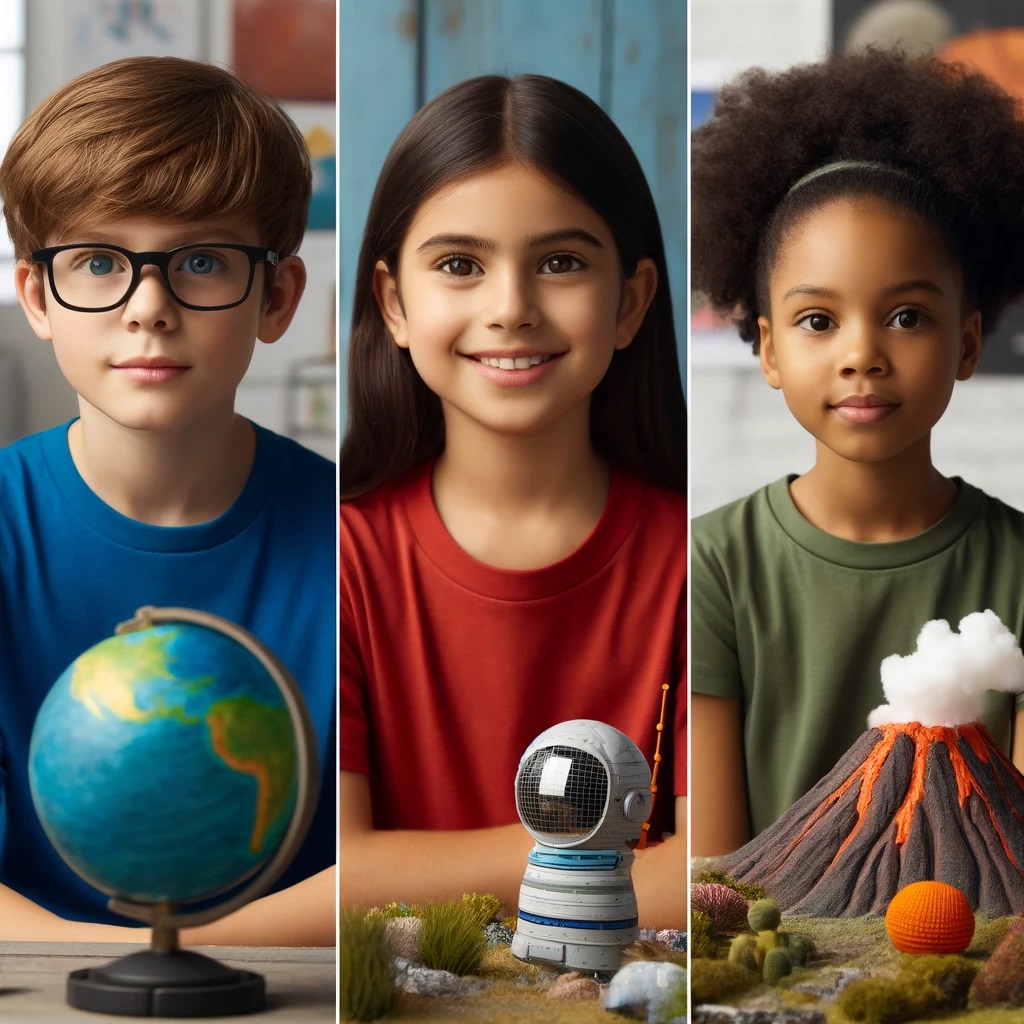Go here to study the DESCRIPTORS
THE FUNCTION of Comparatives in Language
Comparatives are words we use to compare two things or people. They help us talk about how one thing is bigger, smaller, better, or worse than another. For example, if one apple is bigger than another, we say, “This apple is bigger than that one.” Comparatives make it easy to talk about differences and help us understand and describe the world around us better. They are very useful when we need to make choices or explain why we like one thing more than another.
THE FORMULAS: Understanding Comparatives
“Getting to Know Comparatives”
Introduction:
Welcome to our lesson on comparatives! Comparatives are words we use to show how two things are different. We use them to talk about the size, amount, or quality of one thing compared to another. This helps us describe and understand the world better.
How to Form Comparatives:
For Short Adjectives: Add -er
- Tall → Taller
- “Alex is tall, but Sam is taller.“
- Fast → Faster
- “My old computer was fast, but my new one is faster.“
- Cold → Colder
- “It was cold yesterday, but today it’s even colder.“
- Young → Younger
- “Jenny is the youngest scientist at the fair; she’s younger than the others.”
- Long → Longer
- “I thought my presentation was long, but yours is even longer!“

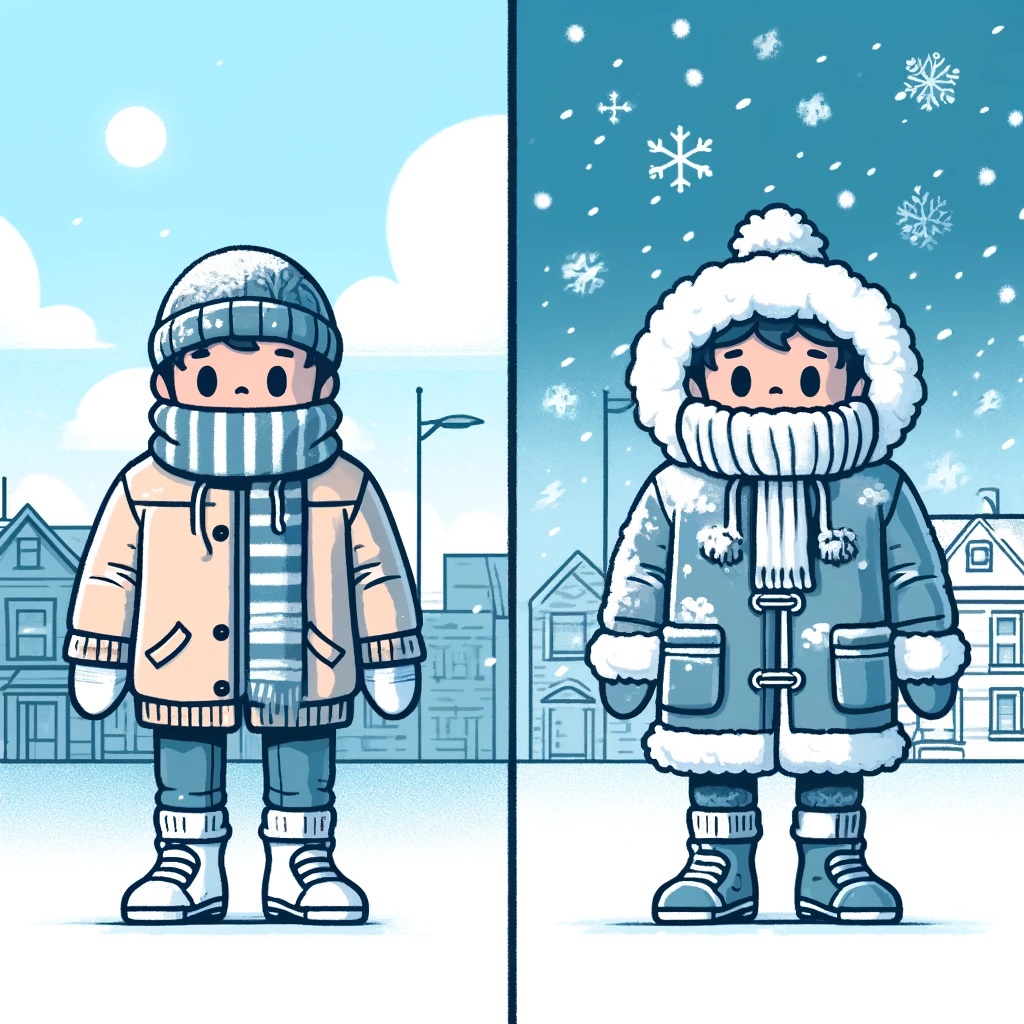
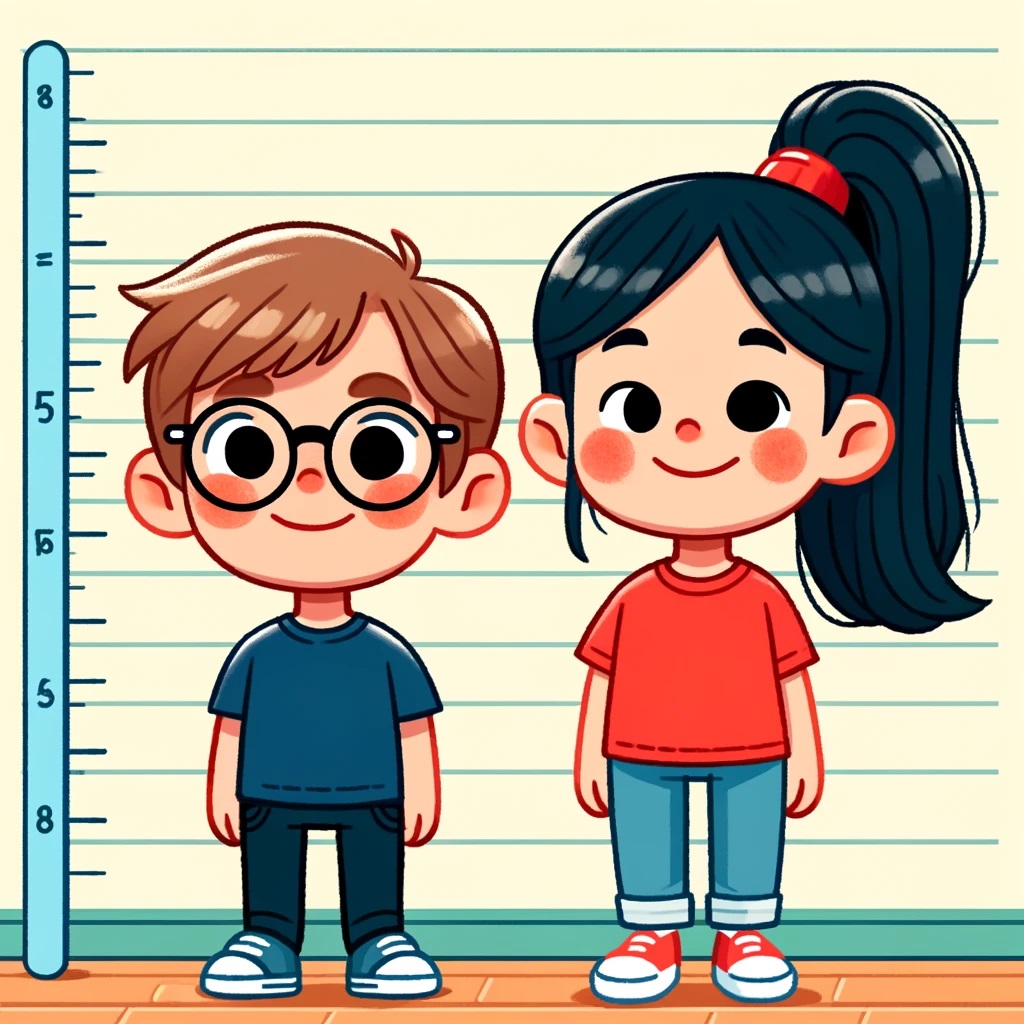
Comparatives with Two-Syllable Adjectives Ending in ‘y’
- Happy → Happier
- “She is happy, but he is happier today.”
- Busy → Busier
- “Last week was busy, but this week is busier.”
- Lucky → Luckier
- “You were lucky to win once, but I was luckier to win twice.”
- Gloomy → Gloomier
- “The weather was gloomy yesterday, but it’s even gloomier today.”
- Funny → Funnier
- “Your joke was funny, but his joke was funnier.”
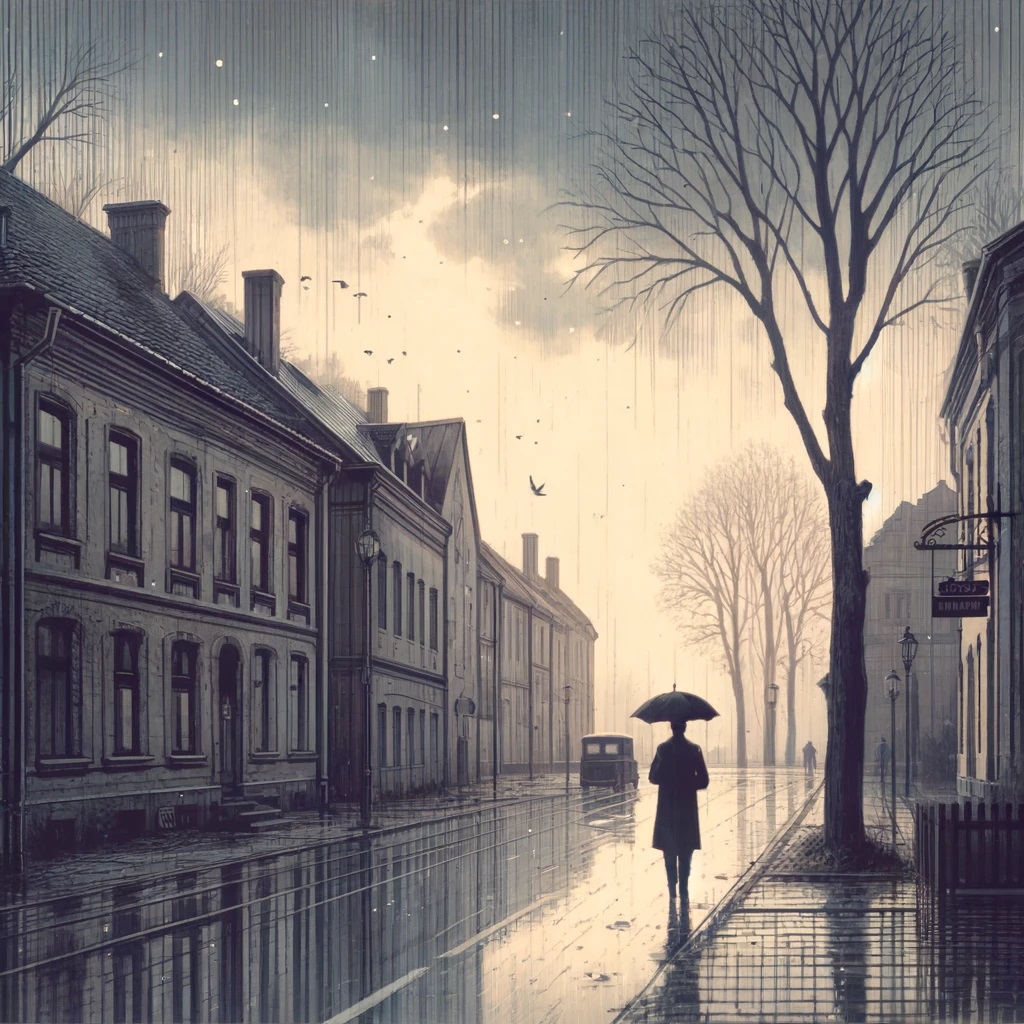
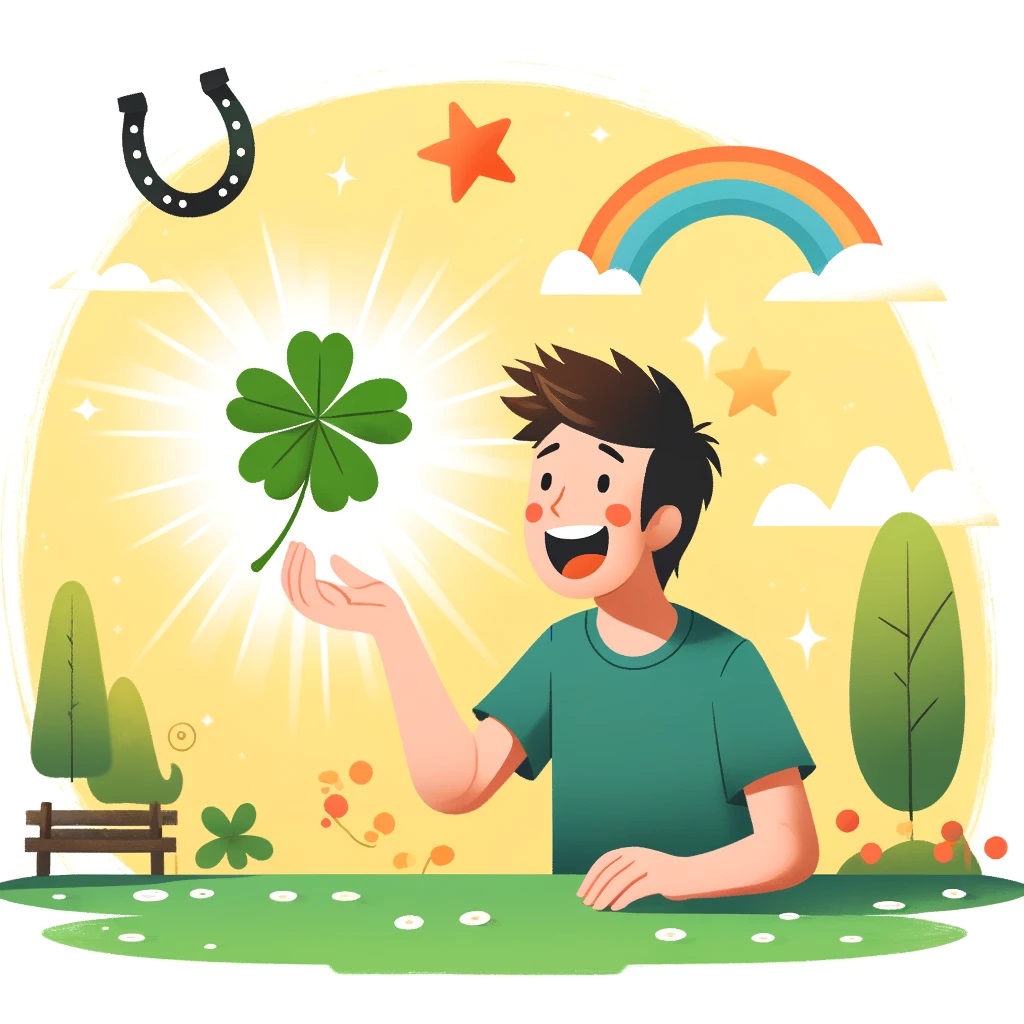
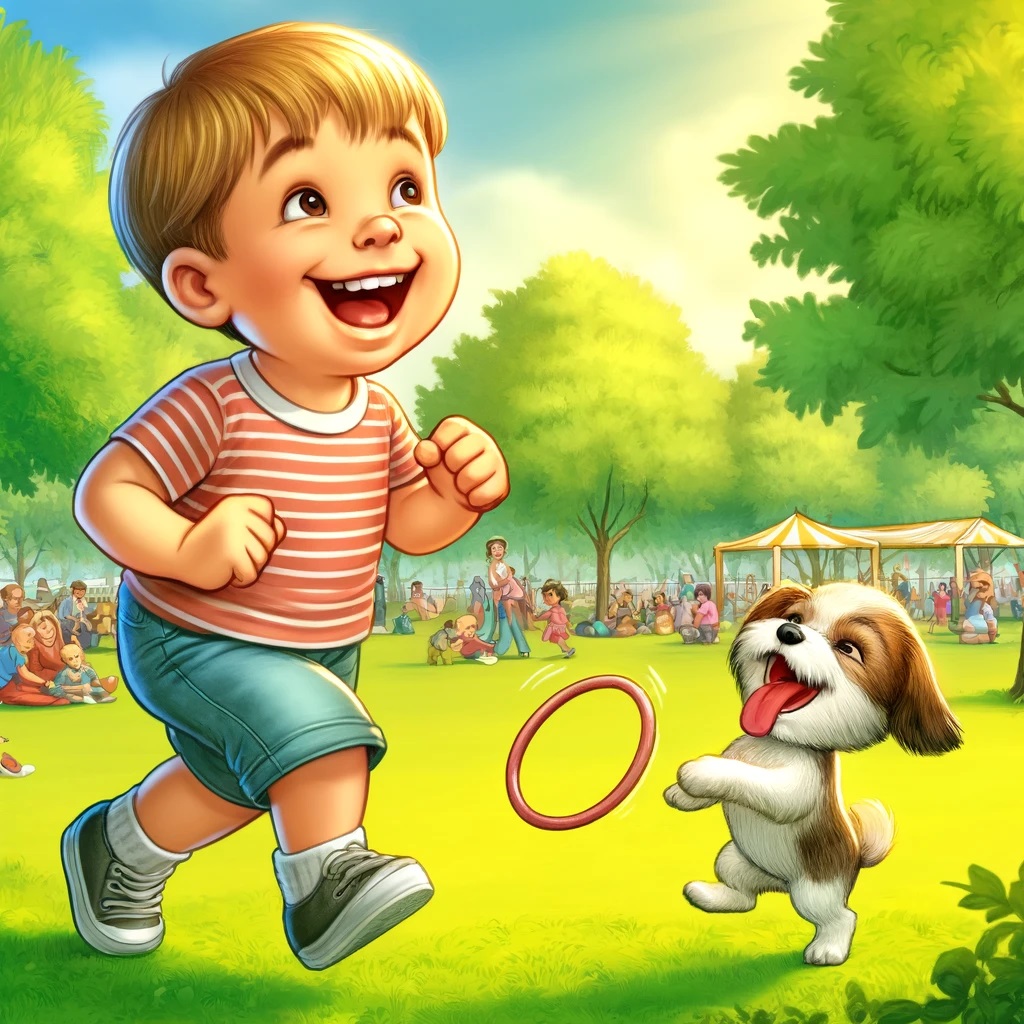
For Long Adjectives: Use more
- Beautiful → More beautiful
- “Jenny’s project is beautiful, but I find her artwork even more beautiful.”
- Interesting → More interesting
- “The volcano is interesting, but the solar system model is more interesting.”
- Complicated → More complicated
- “This math problem is complicated, but the next one is more complicated.”
- Comfortable → More comfortable
- “These chairs are comfortable, but the sofas are more comfortable.”
- Dangerous → More dangerous
- “Climbing hills is dangerous, but climbing mountains is more dangerous.”
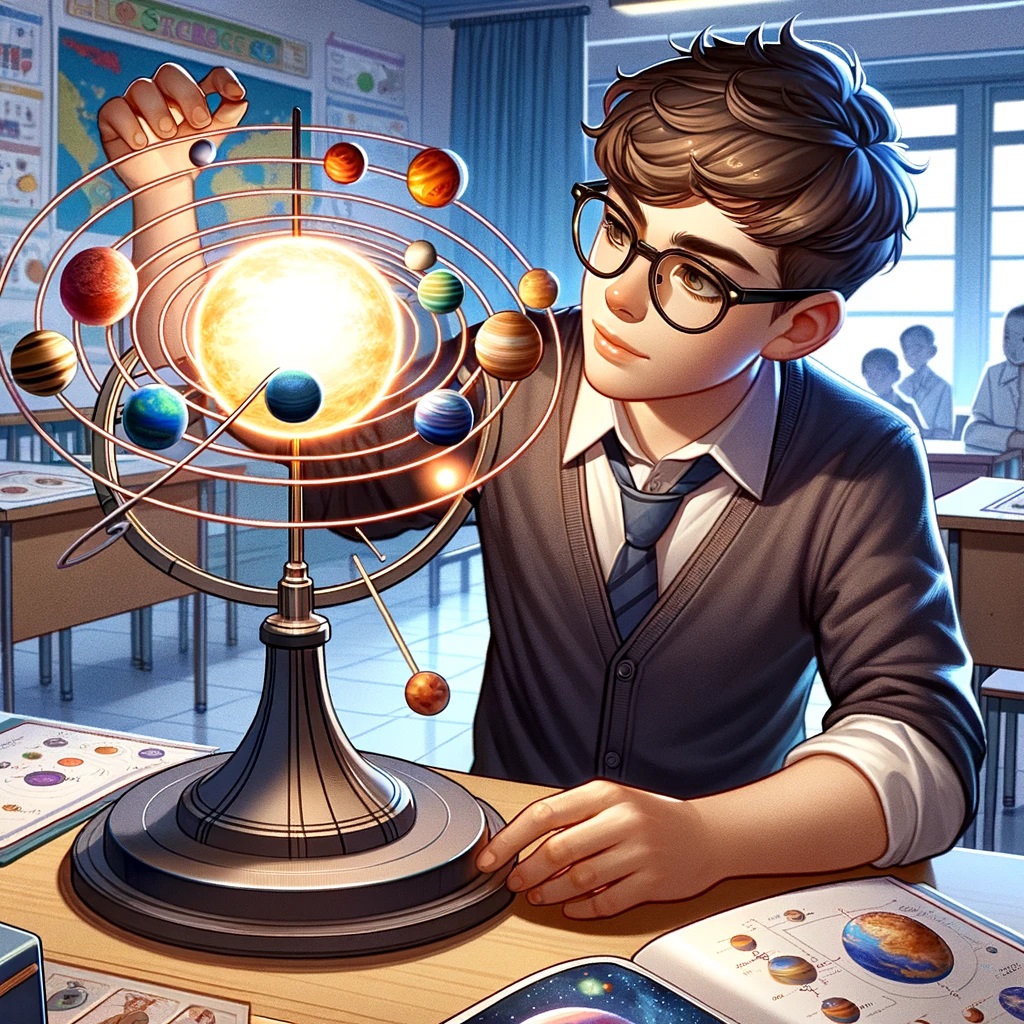
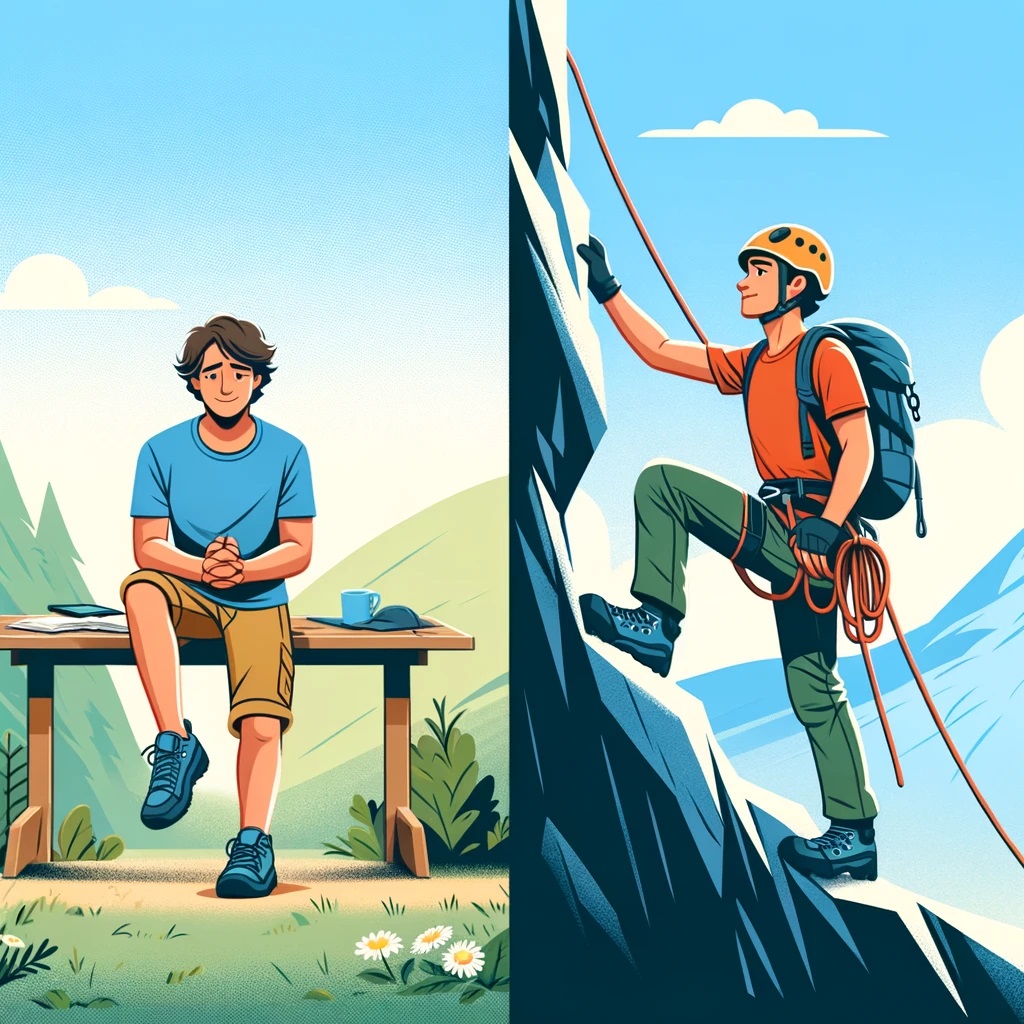
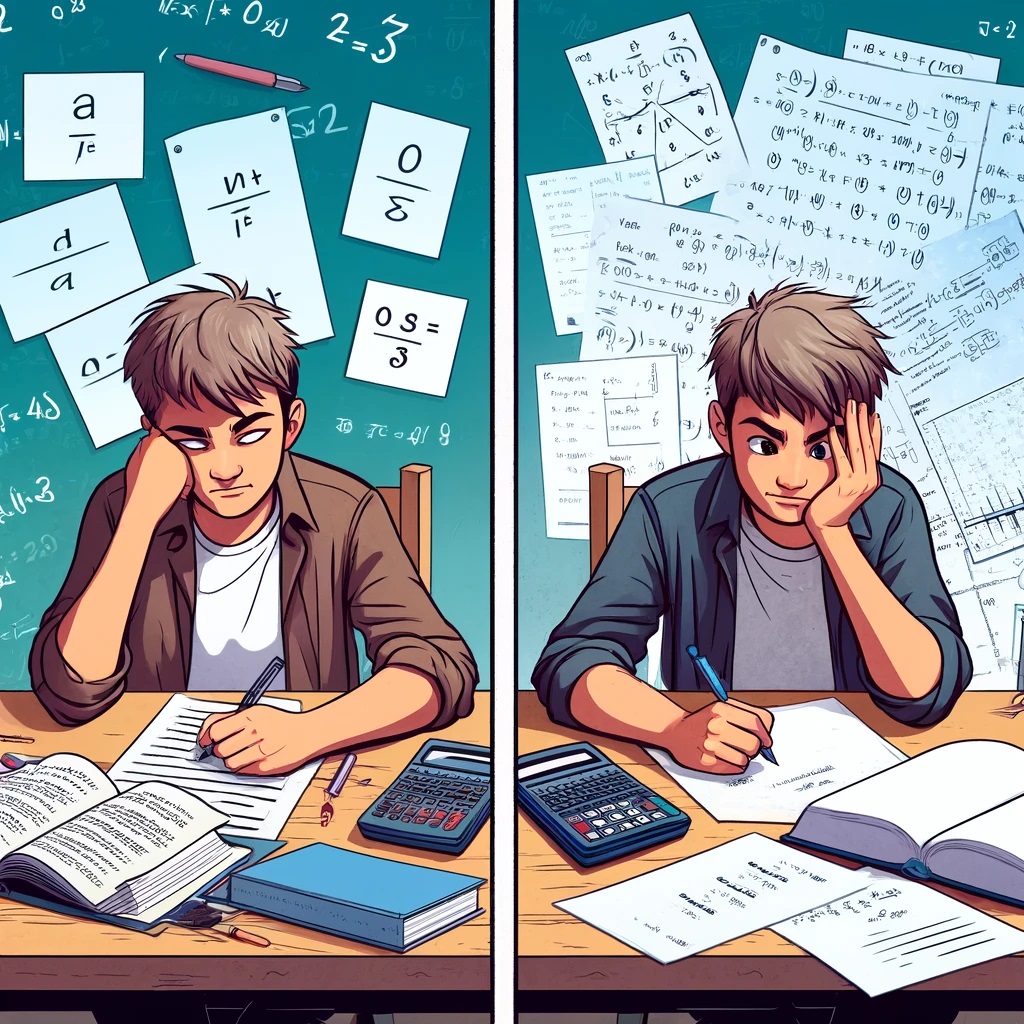
Irregular Comparatives
- Good → Better
- “This ice cream is good, but that one is better.“
- Bad → Worse
- “The weather was bad yesterday, but today it’s even worse.“
- Far → Farther/Further
- “I can throw the ball far, but he can throw it even farther.“
- Little → Less
- “I have little patience, but my brother has even less.“
- Much/Many → More
- “I had many reasons to be happy, now I have more.“



Summary:
Remember, using comparatives helps us compare and contrast things in everyday life. Whether you are talking about your school projects or deciding which ice cream flavor is better, comparatives make your descriptions clearer and your arguments stronger.
